NICHD vision statement now available online
A document charting a research course for the many collaborators who share an interest in promoting the science concerning human development through the life span, child health, women's health, and rehabilitation research is now available online.
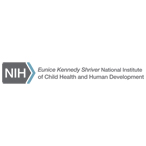
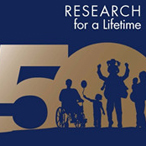
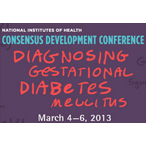

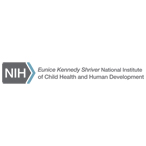
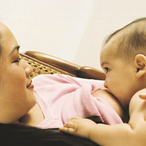

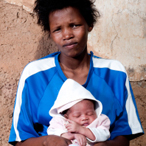

 BACK TO TOP
BACK TO TOP